Chevrolet announced that the Corvette moniker, which for decades has been synonymous solely with the company’s flagship sports car, is being transformed into its own sub-brand of automobiles. While this news may catch many Corvette devotees by surprise (and may upset some of us), there are good reasons for this decision.
Chevrolet Plans to Transform Corvette Into Its Own Brand in 2025
SOURCE: Chevrolet / Car and Driver Magazine
- The next move for GM with its valued Corvette nameplate will be to launch a Corvette subbrand.
- The Corvette “brand” will include a four-door “coupe” and a sporty high-performance crossover to partner with the upcoming two-seater Corvette EV.
- The new Corvette lineup will be positioned well above its rivals, such as a future trio of electric Mustangs.
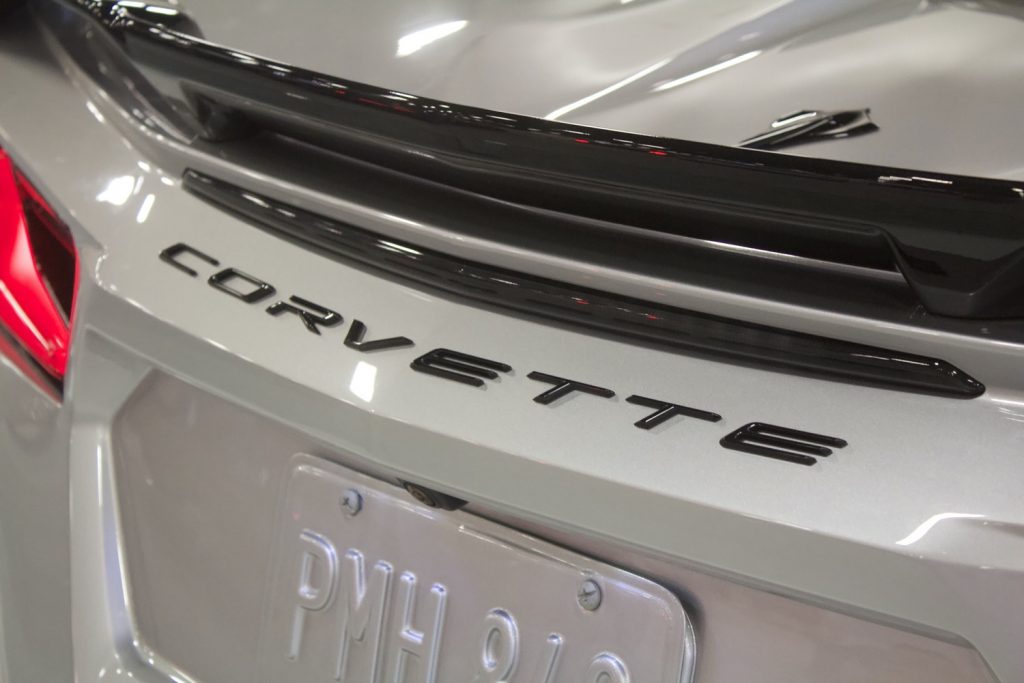
For starters, the Corvette moniker has become one of the automotive industry’s “most heralded and valued nameplates.” The Corvette marquee has continued to gain ever-increasing popularity since its introduction in the 1950s, to the extent that the Corvette has its own museum, its own assembly plant, and countless aftermarket parts and merchandise distributors whose sole focus is to offer consumers products ranging from car parts, to clothing, to collectibles, to Corvette furniture, jewelry, cutlery, and much, much more. Moreover, Corvette’s return to racing in the early 2000s has resulted in a huge draw at race events across the United States, to say nothing of the national attention the team receives at events like the 24 Hours of Le Mans.
Since the introduction of the eighth-generation mid-engine Corvette Stingray in 2020, the Corvette brand has expanded its offerings to the all-new Z06 and has also promised several additional iterations of the beloved sports car, including a possible E-Ray hybrid, an insanely powerful ZR1, and an even more powerful Zora hybrid, the last of which carries the unique moniker of the Corvette’s famous “godfather,” Zora Arkus-Duntov. There are even rumors of a Corvette EV in the foreseeable future.
While all of the above are variants of the traditional two-seat sports car, the multiple variants do suggest that the Corvette is capable of providing consumers with alternate offerings, and those consumers are hungry to invest in each. However, all of these examples share a common limitation – they are ALL two-seat sports cars that limit the usefulness of the vehicle and, as a result of this limitation, narrow the prospective customer base who might consider purchasing one.
Which leads to the heart of this article.
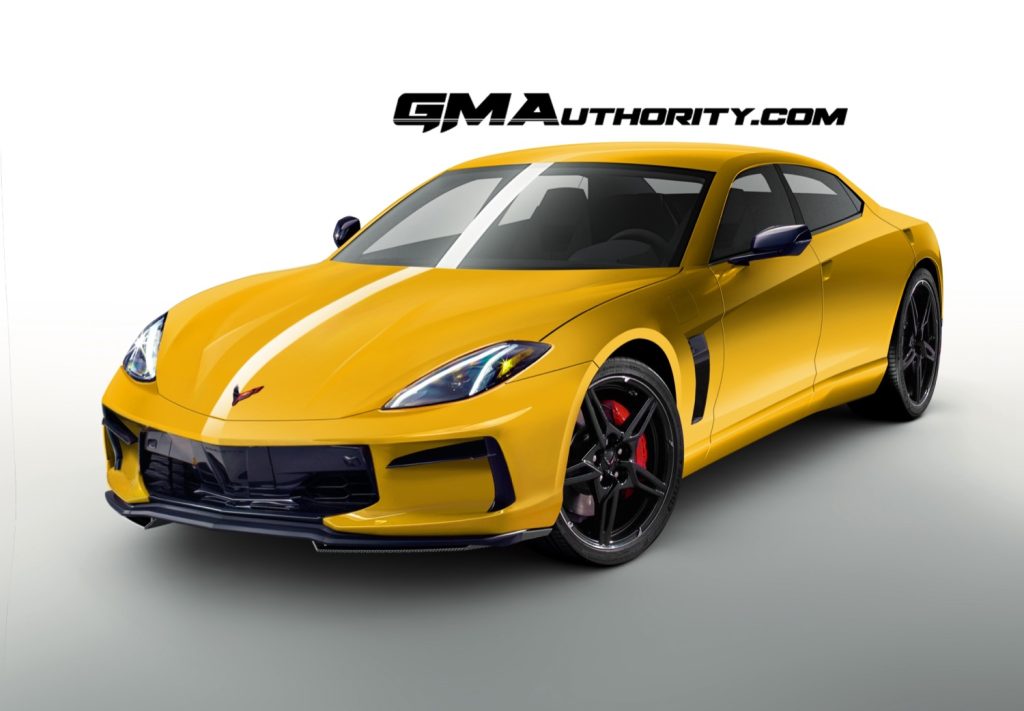
IN 2025, GM plans to transform the Corvette marquee into its own brand. As part of this transformation, the company looks to introduce a four-door coupe and an SUV crossover (akin to the Porsche Macan/Cayenne, the Ferrari Purosangue, and the Lamborghini Urus.) It has been reported that both of these future “Corvettes” will be EVs.
Now before “traditional” Corvette enthusiasts begin rioting, consider this: In 2024, the Chevrolet Camaro will be retired from General Motors’ lineup, due in large part to its poor sales numbers. While the Camaro was first introduced in 1967 to compete with the immensely popular Ford Mustang, the Camaro brand has frequently suffered from poor sales numbers despite ever-increasing efforts to improve its performance and build quality. Simply put, there are fewer automotive consumers who have the disposable income to invest in a car that has limited seating and functionality.
The same could be said about the Corvette. Fortunately, Chevrolet recognizes the incredible legacy that the Corvette represents. As a result, the company is looking for ways to improve the brand’s long-term viability without eliminating its flagship sports car from future production.
Let’s explore this for a minute.
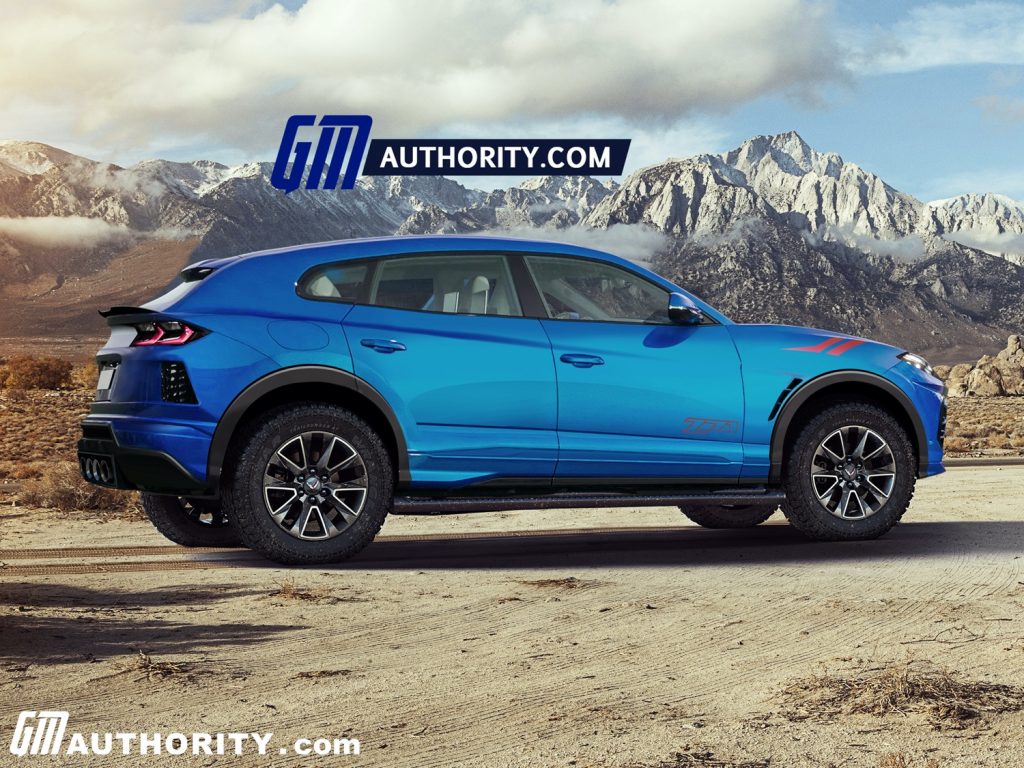
Yes, the Corvette has been an image builder for 70 years. It has been a marquee that countless car enthusiasts have aspired to own in the course of their lifetimes. At the same time, car prices have soared ever higher, making the affordability of an “impractical” sports car difficult-to-impossible for many potential consumers, especially those with a young family who might need the added seating afforded by a four-door car, or even an SUV.
Porsche recognized this reality nearly twenty years ago and pioneered alternate vehicle offerings, including the Porsche Panamera, the Porsche Cayenne, and more recently, the Porsche Macan and Tacan models. Collectively, these vehicles proved very successful for the Porsche brand, counting for more than three quarters (80%) of all Porsches sold in 2021. By comparison, the Porsche 911 and the 718 (Boxster and Cayman), accounted for the remaining 20%, which is only a small percentage of the total brand penetration in the marketplace.
Of course, building a Corvette brand is going to require that the products introduced under that brand maintain the same high standards that consumers have come to expect from Chevrolet’s flagship sports car. These new entries will have to be more than just a Corvette in name only. Each entrant will need to be “best in class” – be it a four-door sports coupe, an SUV, a pickup truck, or an EV hypercar.
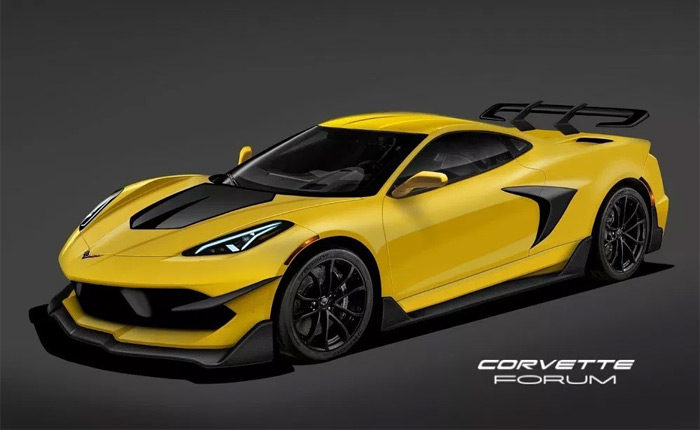
To quote the article originally published in Car and Driver magazine: “The pivotal starting point is a redefined, unique DNA that shouts “Corvette” in terms of design and driving dynamics. The switch to the Ultium battery platform allows the keepers of the brand to reimagine the proportions, stance, and engineering—or to adhere to the trademark elements which shaped the American sports car icon from the ’50s to the present day.”
The first design proposals have already been created, at least according to a source with General Motors. Said source (who had not been identified at this time), states that the new proposals are “copies of nothing,”, and that each captures “the encapsulated emotional purity” synonymous with Corvette. Nonetheless, recognizing the Corvette as a brand, and not simply as a sports car is going to present a unique set of challenges for those of us who have pursued Corvette ownership for most of our adult lives. For many, the addition of alternate offerings may appear to dilute the exclusivity of the Corvette marquee. For a great many more, however, it may present an opportunity to purchase a Corvette that provides an exhilarating driving experience while also providing practicality that a two-door sports car simply doesn’t provide.
From my perspective, Chevrolet’s decision to expand the Corvette offerings beyond their traditional two-doors sports car doesn’t bother me. Harley Earl, the father of the Corvette, envisioned the Corvette as its own brand when he introduced the original Corvette Corvair and Corvette Nomad in 1954. Had the Corvette been more successful when first introduced, it is entirely possible that the Corvette would have resulted in an entire fleet of different vehicles from its start.


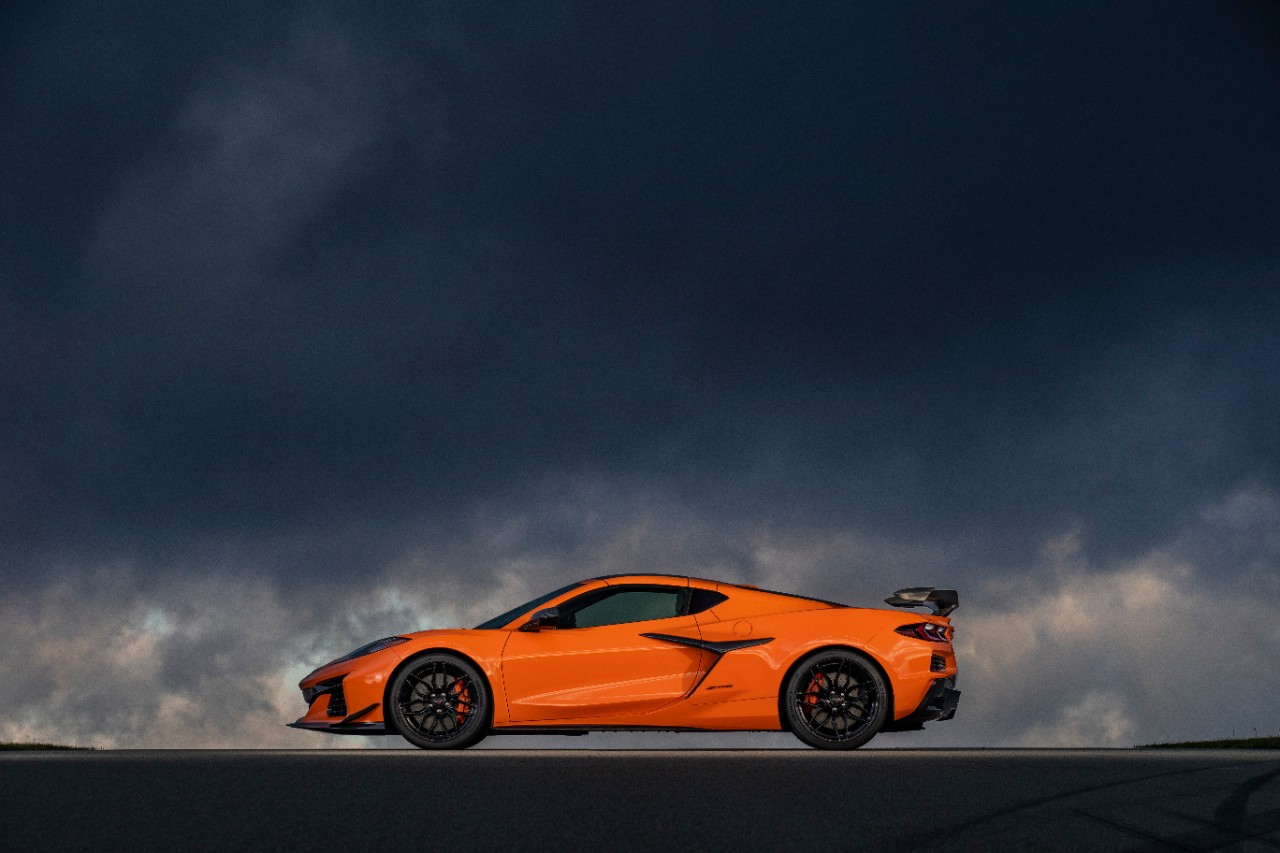
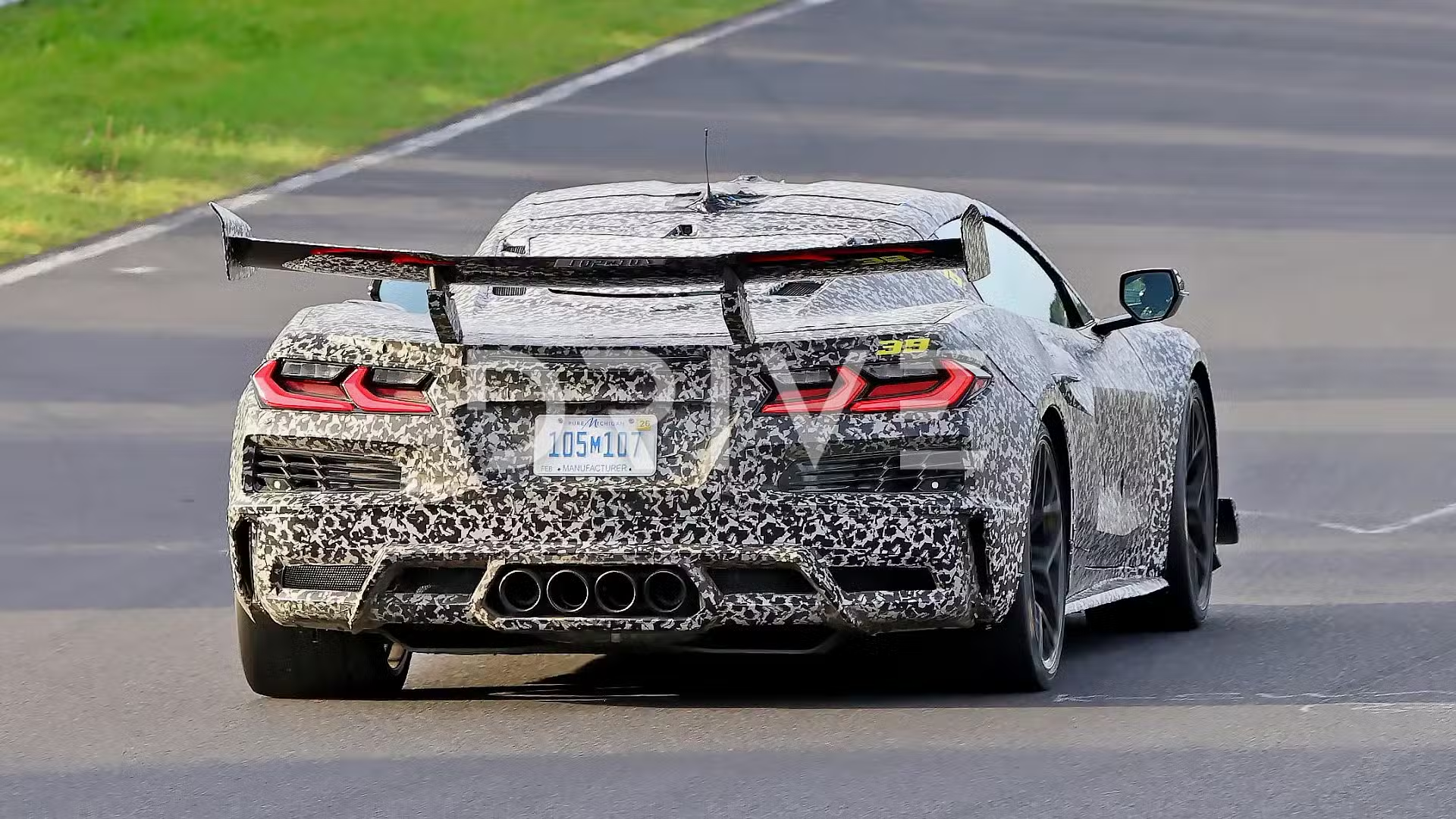
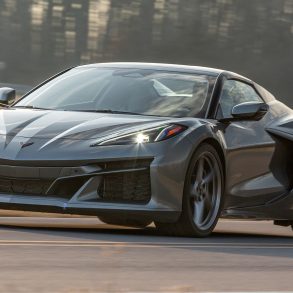

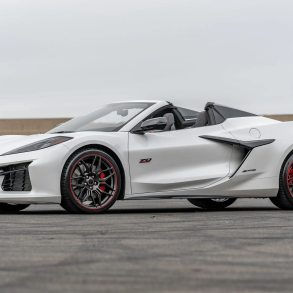
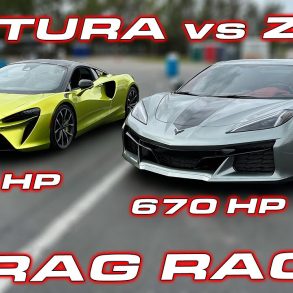
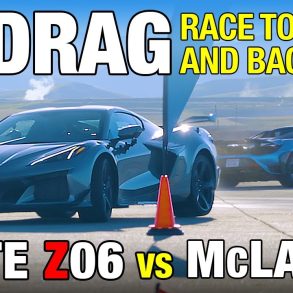
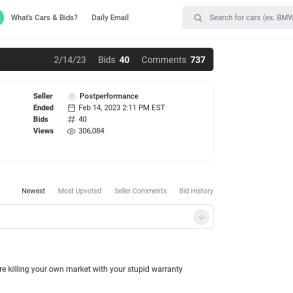

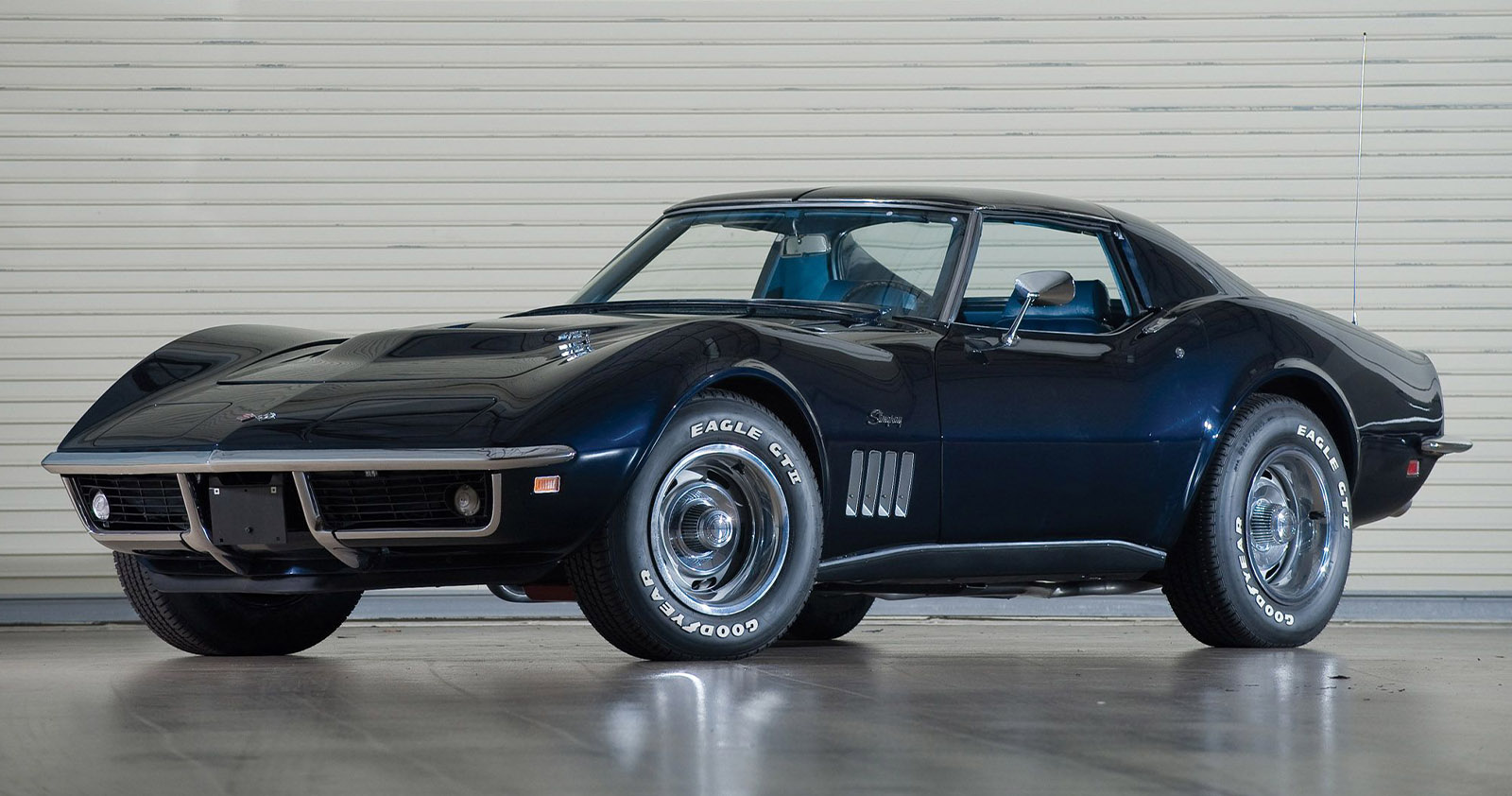
With great brand management, by the 1960’s GM achieved 50% market share in the USA. And then the smartest guys in the room took over. While bastardizing GM’s brands, successive management teams managed to reduce GM share to today’s 17%. There was only one brand they left alone, Corvette, probably because they didn’t understand it. The Corvette brand has prospered to the point that the waiting list to get a C8 seems endless. So now the corporate brass is at it again. Having failed to increase sport sedan and SUV sales with the uber-Cadillac initiatives, they will try again, now through the Corvette brand.
GM is not Porsche. Never will be. Unless of course <1% market share is the goal. Porsche-badged VW/Audi SUV'S and sedans appeal to the loyal 911 owner who needs a sedan or SUV. Corvette owners are a different breed. Cadillac or Chevy sedans and SUV'S fill the bill nicely. The move to Corvette-badged non-sports vehicles won't have much unit sales impact on GM. Corvette, on the other hand, will need to focus on the rapid transition to electrification of true sports cars. Let's hope GM stays out of the way. History says it won't.
Great article with insightful comments on the future of the Corvette. I was surprised that no mention was made concerning the Cadillac version. If the Corvette becomes its own “brand”, will the Cadillac version go away?
Good Morning Jeffrey. Thanks so much for your comments!!
Cadillac should continue to remain its own brand, and I would be very surprised if GM discontinued any of its offerings there. The “Corvette Cadillac” you are referring to was only built a handful of years, and while we agree that its a really cool car, the most recent “sports Cadillacs” have all been built under the Cadillac brand, so unless GM decides to discontinue Cadillac, I think their future offerings are secure, at least for now. Thanks so much for reaching out!!
This is GREAT news! I’ve been in love with corvettes since childhood, but now that I’m ready to buy one, I’ve put on the brakes. As a female, I find the new design too masculine for my taste, and there’s not enough room in the car for my purse and shopping bags. Holding out for the new vehicles!
Good Morning Danielle!
Thank you for your perspective on this news! We’re excited to see what the Corvette team has planned for the future of their flagship marquee. We also think that building a sedan and an SUV will open up the Corvette market to a variety of potential buyers who see the two-door coupe as too impractical. Porsche did this a decade ago when they introduced the Cayenne, Macan, Taycan SUVs and the Panamera sedan. Today, those four models account for 80% of Porsche’s total sales, so clearly there’s a precedent here. We hope you’ll share your thoughts with us again in the future and we look forward to hearing from you if/when you buy your first Corvette!
Way to go GM, if you keep this up you will suffer the demise of GM as a company. I
am sorry to see a hallowed name and product such as CORVETTE be reduced to such a
lowly status. From my 55 Chevy Bel-Air 2 dr hardtop to my 63 Chevy Impala 327 to
my beloved vintage Corvette in my garage, my Buick Regal and lastly my new Chevy
2022 Trax. Who in the heck is running your parade to the edge of destruction?
Good Morning Larry. Thanks for your comments. While we understand where you are coming from, and we recognize the potential downturn of turning the Corvette into a brand (not just a single model), consider that the Porsche company, to say nothing of Ferrari, Lamborghini, and Aston Martin (among others) have all introduced sedans and SUVs into their lineups, and its actually bolstered the company’s marketshare. Corvette as a brand might actually improve the likelihood of the sports car’s survival, and that may be the BEST reason to do what GM is about to do. Corvette would have been a full lineup of cars 70 years ago had the original Corvette been better received when introduced. In 1954, Chevrolet introduced the Corvette Nomad and the Corvette Corvair as additional, prospective models to the original Corvette coupe. In early 1963, Chevrolet also experimented with a four-door Corvette coupe (a 2+2 configuration). While it never gained traction, the concept of these alternate Corvette models is not new to the marquee.
We’re interested in seeing what the team at Corvette has up their sleeve. At this point, we’d rather have alternate models if it ensures that the sports coupe (in all its iterations) continues to exist for another 10-20-30 years!
Corvette isn’t Porsche (or Ferrari or Lamborghini or Aston Martin). Prosche is a manufacturer. Corvette is a model within a brand within a manufacturer. Your continued attempts to compare the two is a false equivalence, even if Corvette becomes a sub-brand. The only things that a Corvette minivan will do (and if you don’t think there will be one, you need to look at GM as a whole) is water down the name and cannibalize sales from Chevy and Cadillac.
This isn’t 1992. Corvette is not about to die due to mismanagement of GM as a whole (probably). The car has never been more popular or desirable and is hardly likely to be on the chopping block as a model. It does not need saving. If anything, the current state of affairs argues very strongly against diluting the name. The team has grown Corvette into a literal world beater. Spread that talent to an SUV and a sedan and a truck and a minivan and you get less talent on all models. You get lower performing sports cars that are built using GM sedan logic, which is what nearly killed the car between C4 and C5.
The thing is, people will rush to buy these thing when they couldn’t buy the sports car and then attempt to bask in the aura of the name. You like to use the Prosche example. OK. Used to be that Prosches were special and rarely seen. When you did see one, it was likely to be a 911 or maybe a 944. Either way, you watched and wished. You had a 911 turbo poster on your wall and you wanted a Porsche more than anything. Same with the Corvette. Yes, the 911 and Cayman are awesome, but now Porsche is literally just another manufacturer. Corvette isn’t Porsche, Chevy is Porsche. And kids will never put a “Corvette” SUV or sedan on their walls.